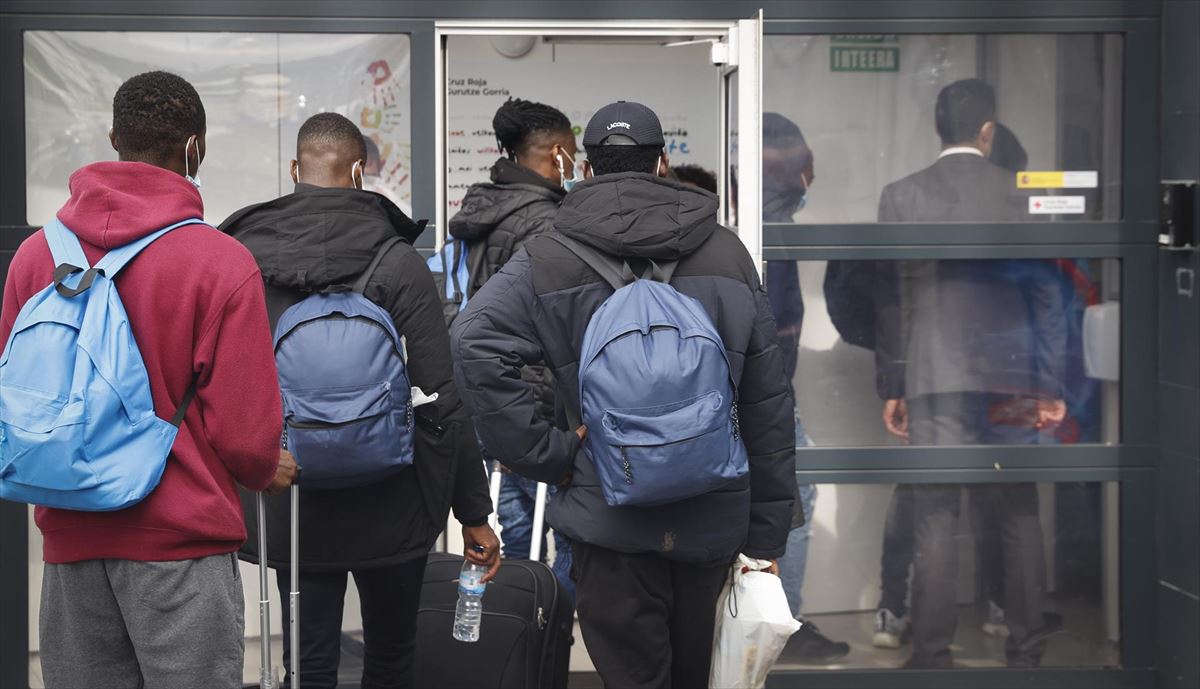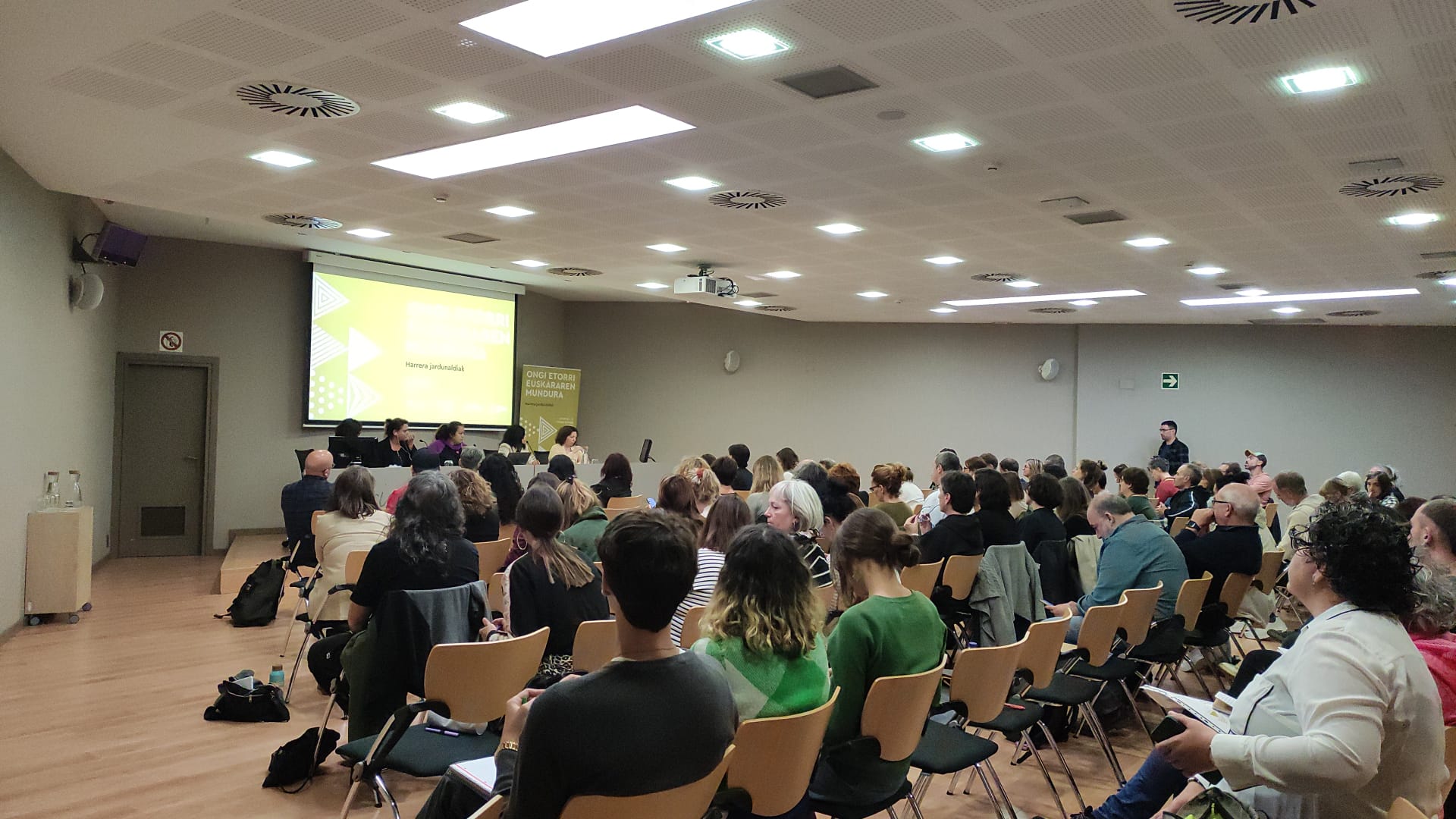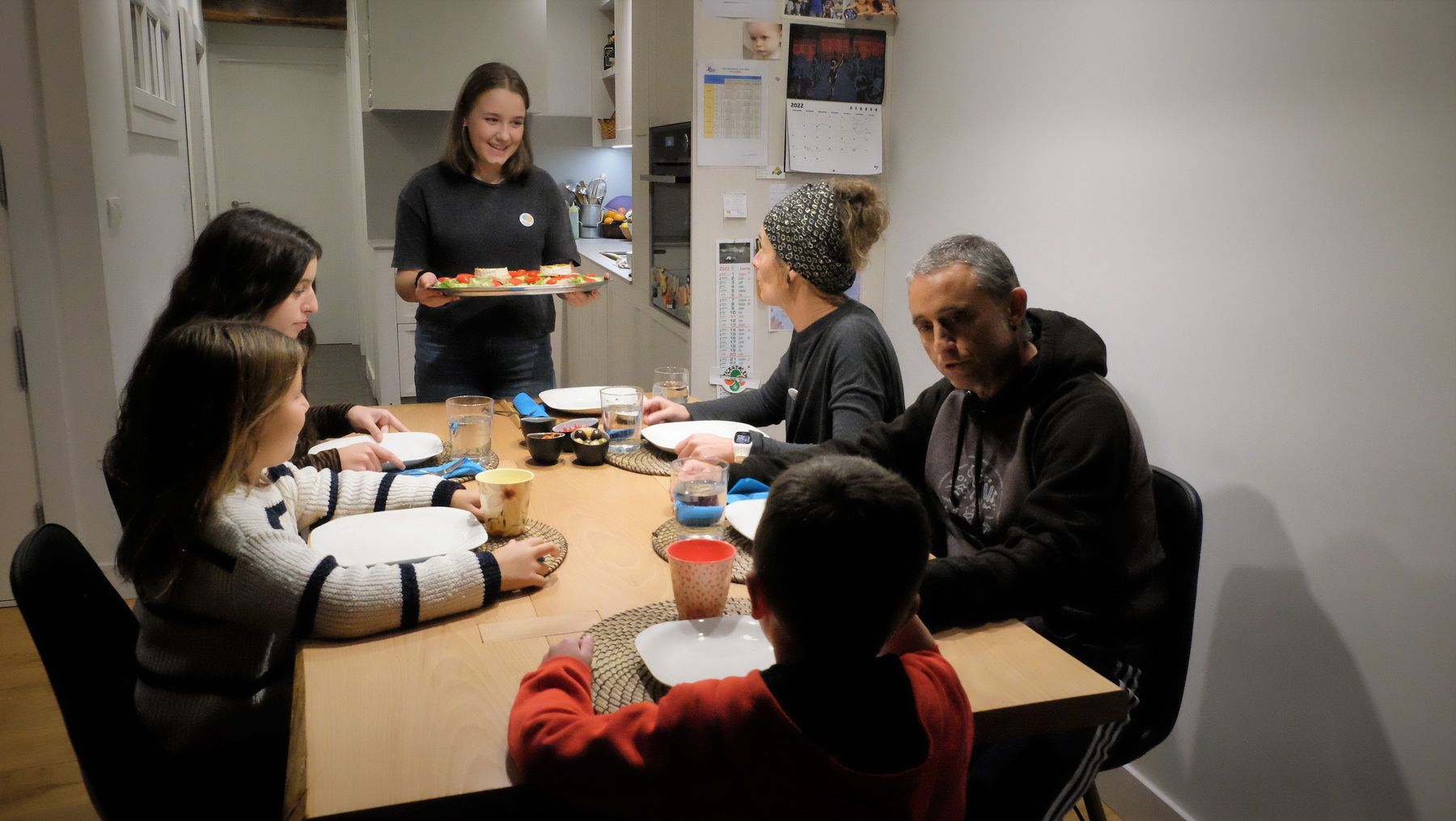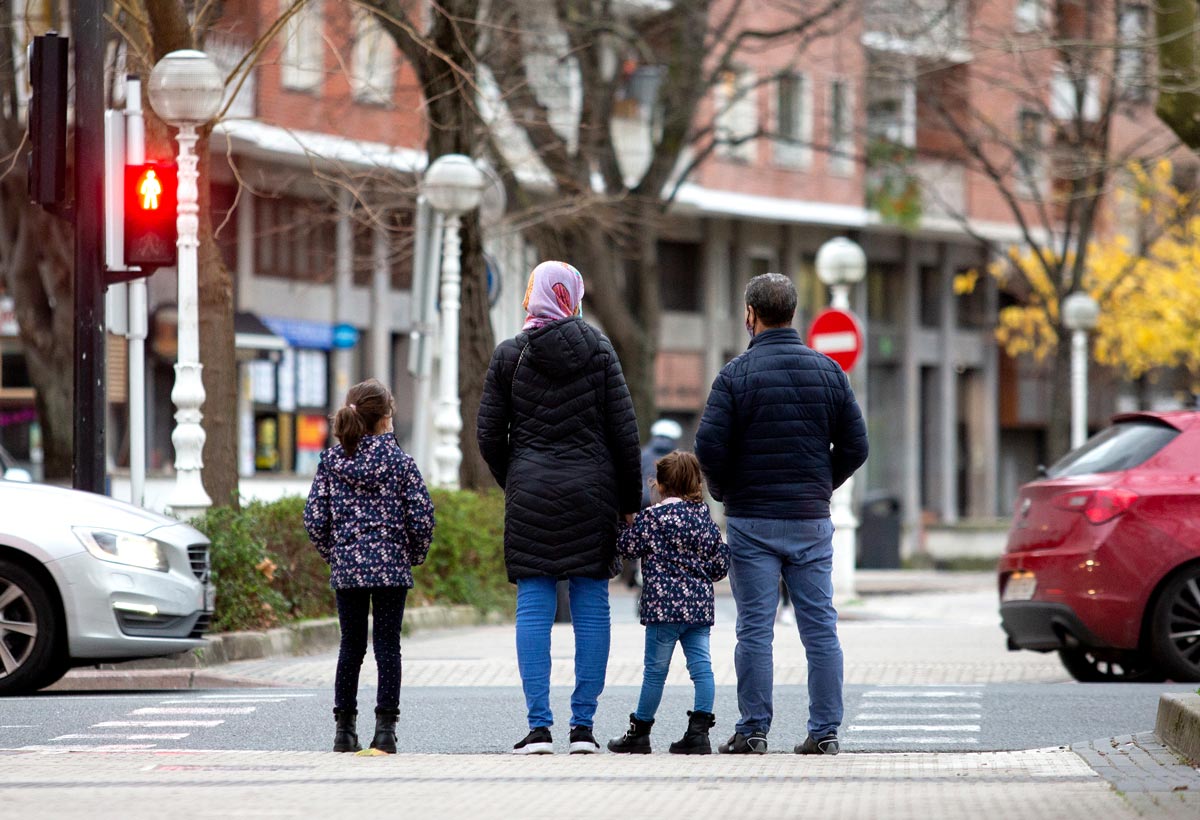Days for the placement of wicks for proper linguistic reception, on 10 and 11 October in Vitoria-Gasteiz
- On 10 and 11 October, the Europe Palace of Vitoria-Gasteiz will hold the annual conferences organized in cooperation by the Council of the Basque Country and the Vice-Ministry of Linguistic Policy of the Basque Government.

Welcome to the Basque world. The conference will be called reception days and will aim to set out milestones to design the appropriate linguistic reception protocols so that the new Basque citizens will be allies in the normalization and revitalization of the Basque country. The days will be free of charge, but it is necessary to register before 9 October.
These days will focus on sharing the analysis, reflection and practices put in place so far to achieve good linguistic reception. To do so, in addition to knowing the experience that the new Basque citizens have had with the Basque Country, we will learn about the works being carried out in different points of the Basque geography to bring them closer to the Basque Country. On the other hand, the contribution of past immigration experiences to the revitalization of the Basque country will be analyzed, convinced that there are useful contributions to the present. Likewise, the voice of experts who have investigated the crossing of migration and the processes of recovery of minority languages will be collected from the sociolinguistics, anthropology, social psychology… from different disciplines. All of this with the aim of putting notes in order to design protocols and public policies for linguistic reception.
Past and current experiences
On the first day, 10 October, at 09:30 a.m., Aitor Aldasoro Iturbe, Vice-Minister for Linguistic Policy of the Basque Government, and IDURRE ESKISABEL LARRAÑAGA, General Secretary of the Basque Council of Euskalgintza, will begin the conference. Next, the location of migration by UPV professors Arkaitz Fullaondo and Eguzki Urteaga will be analyzed. Then, after a brief rest, the experiences and reflections of the people who have come to live in Euskal Herria will be heard from the hand of Laura Penagos, Celeste Agüero and others, and the convenience of Euskera as a refuge for migrants will be analyzed. From there, a round table will discuss the resources and strategies needed for proper linguistic reception, among them, the defender of the linguistic diversity of Euskaltzaleen Topagunea Onintza Olaizola, the director of Euskera of the City Council of Bilbao Marijo Arrieta and the technique of Democratic Culture of the Provincial Council of Gipuzkoa Itziar.
At the end of the day, retired UPV professor Xabier Aierdi and researcher at the Belen Uranga Sociolinguistics Cluster will analyze the influence that migrations from various territories of the Spanish State between 1950 and 1970 had on the revitalization of the Basque Country. In fact, many of them have been indispensable elements for the revitalization process of the Basque Country in recent decades. Bringing the memory of those past experiences is the way to be able to do what is possible today.
On the second day, on October 11, we will present different works that are being carried out from different vertices, in order to collect the well done works, identify the difficulties and obstacles encountered and reflect on the paths to follow. At 09:00, Beñat Zamalloa, a Basque technician and youth of the City of Urretxu, will present the Urretxu reception project.
Next, the challenges of welcoming through a minority language with the predoctoral researcher of the UPV/EHU Leire Amenabar will be analyzed, and finally, the representatives of the Euskaltegis of the sector will present the resources, the didactics, the challenges … that they have at their disposal, aware that the Euskaldunization and adult literacy is strategic. Finally, at 14:00 p.m. the summary of the contributions for the two days will be completed.
Spaces for collaboration
The Council and the Vice-Ministry of Linguistic Policy of the Basque Government have stressed that the conference will offer an unbeatable opportunity to create spaces for collaboration between Euskera and migration and to offer new perspectives on the process of Euskaldunization. They have also expressed their intention to continue to deepen cooperation between the two institutions.
Harrera-herri euskaldun nola izan gaitezkeen galdetu zion Leire Amenabarrek bere buruari eta parean zituenei iaz, Gasteizen, harrera-hizkuntzari buruzko jardunaldietan, eta galdera horrexetan sakontzeko elkartu gara berarekin hilabete batzuk geroago. Amenabarrek argi du... [+]
Euskalgintzaren Kontseiluak antolatutako "Ongi etorri Euskararen Mundura" jardunaldiak izan dira Gasteizen ostegunean eta ostiralean. Egun bi bete-beteak, eta mahai gainean Euskararen normalizazio prozesuan euskal herritar berriak integratzeari buruzko praktikak... [+]
Among many falls, there are also achievements. A young mother of about 35 years old asked me the other day how they could get in their school that the classmates who had not received Euskera at home learn and speak as well as the boys and girls who were Euskaldunes at home. In... [+]
“How are you?”
“Bad, bad. Subject to machine.
“You’ll turn it around because you’re tough.
I don't know. Now I don't know.
This was the last interview with his American uncle. He was a pastor to Nevada, where he founded his family, his new life. They have come from... [+]
UEMA, the Commonwealth of Basque Municipalities, presented to the media last month a campaign under the motto Egin nirekin euskaraz. Families have emerged that do not originate in the Basque Country, along with representatives of UEMA. They say that we Euskaldunes often approach... [+]
We learned by publishing the results of the last sociolinguistic survey of the Basque Country in Navarra: Since 2011, the Foral Community has strengthened its attitude against the promotion of the use of Euskera and weakened the most favorable. In Basque Country, seeing people... [+]









.jpg)









